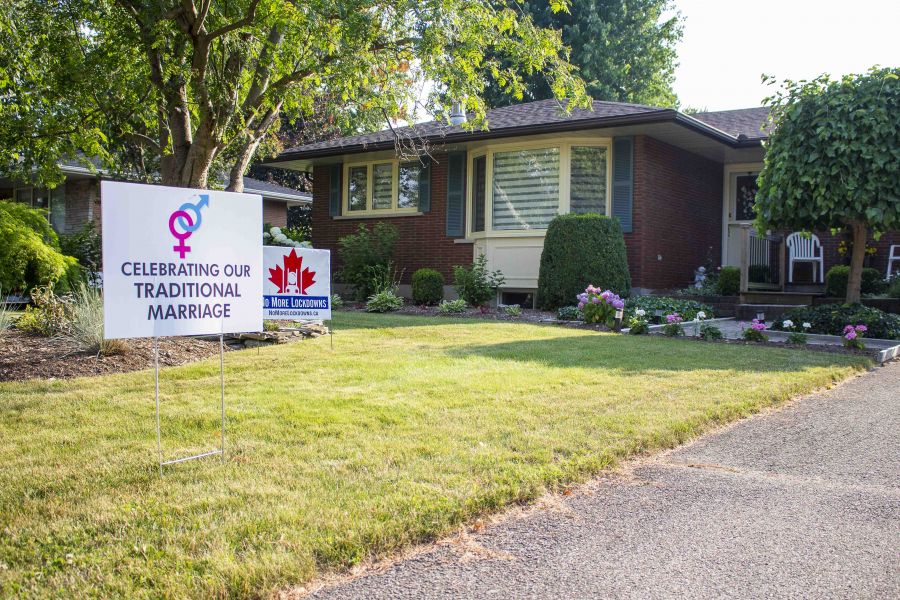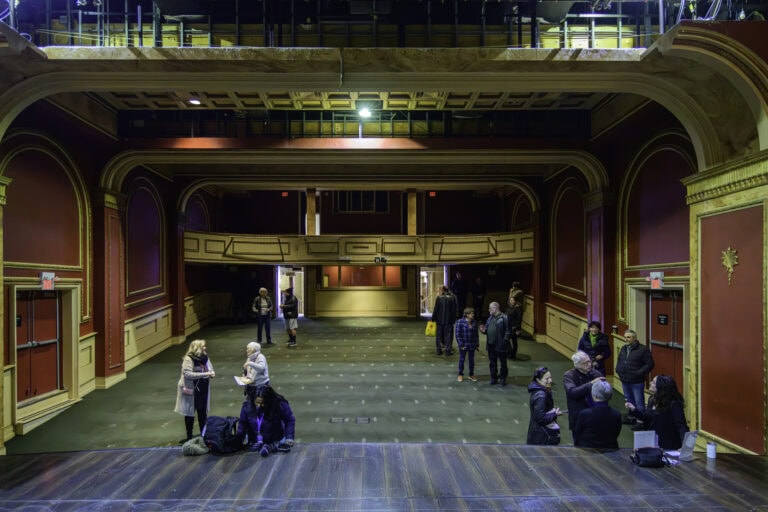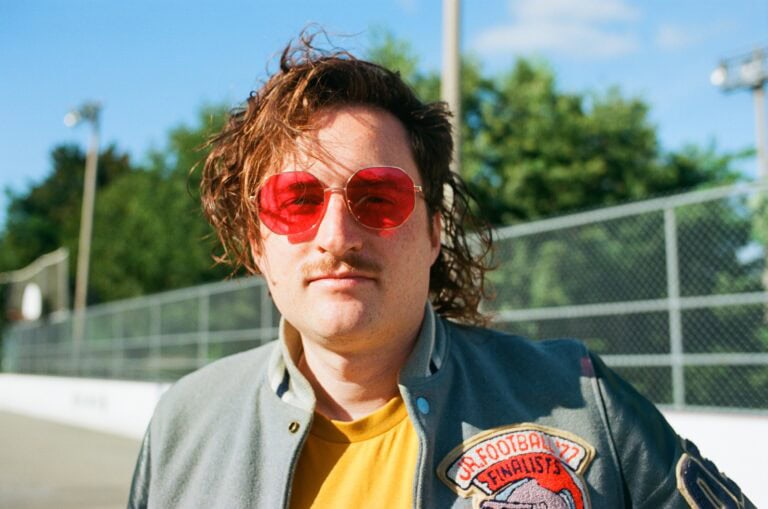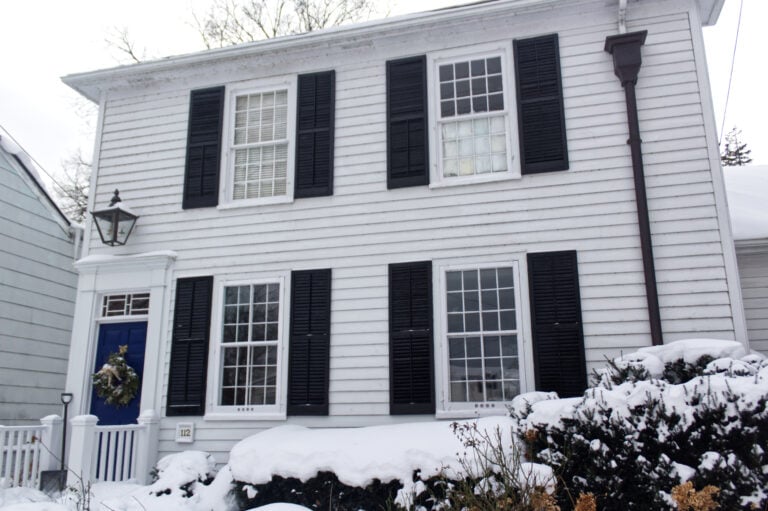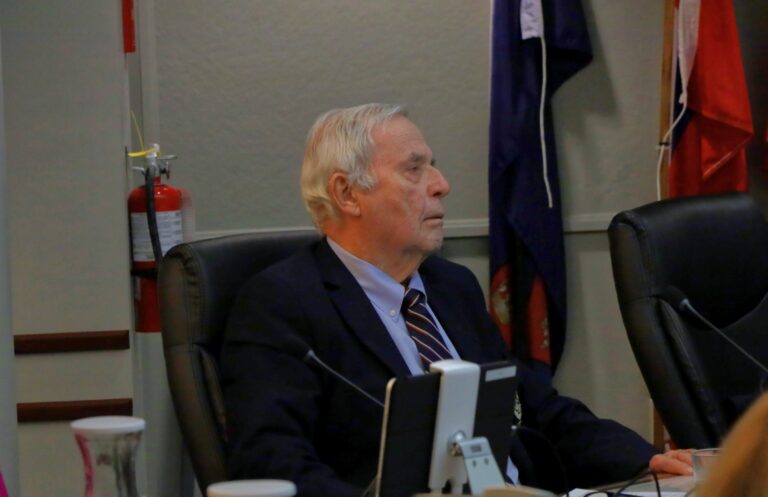A sign celebrating “traditional marriage” in Niagara-on-the-Lake recently caused a firestorm, after a neighbour and member of the LQBTQ+ community took to social media to decry it as a form of intolerance and microagression.
The sign has since been removed, but The Lake Report’s news coverage sparked numerous comments and letters from residents who denied the sign is hateful or intolerant.
Some commenters said it should be someone's right to support their traditional marriage if that's their personal or religious belief. Others suggested criticizing the sign is an attack on traditional marriage itself.
On the other hand, most people who commented on NOTL social media about the issue seemed to see the sign as a clear display of homophobia.
The homeowner, Rudi Koller, said his sign was a direct response to the Town of Niagara-on-the-Lake supporting the LGBTQ+ community by celebrating Pride Month and a plan by the municipality to install a rainbow crosswalk in Old Town.
So, The Lake Report sought out some expert opinions on the subject.
Sébastien Roback, a researcher with the Canadian Anti-Hate Network, said while his organization tries to avoid making assumptions, the sign seems to send a clear message against gay marriage.
Using open-ended language is a common tactic for people who want to express hate or intolerance, he said.
“A lot of hate groups, hate peddlers or hateful individuals will use language that kind of intends to whitewash the original statement. You see that a lot with groups that use words like White Lives Matter, which is a way to talk about white supremacy without necessarily sounding like they're white supremacists,” Roback said.
For instance, anti-transgender groups will talk about promoting women's sex rights instead of gender rights and try to use that as kind of a differentiating factor between kind of the belief that they state, and kind of the hateful belief that they're being alleged of holding.
As for Koller’s sign, “without making too strong of an assumption, I think it's fair to say that the person is, by stating their support for quote, unquote 'traditional marriage,' and then surmising that traditional marriage is one man, one woman, it does appear to me at least that what they're saying in practice is, 'We don't support same-sex marriage.' “
The sign was next to an anti-lockdown sign, which Roback said can be connected to other hate movements.
While many people who subscribe to the anti-lockdown movement don't hold any hateful belief, his organization found “more or less every single (hate) group that we followed before COVID started ended up becoming a part of the anti-lockdown movement,” he said.
There has been “quite a bit of correspondence” between anti-lockdown supporters and people who were active in what he calls “the hate scene.”
“Especially (the) anti-Muslim hate scene back in 2017, 2018, 2019, who went on to become active members of the anti-mask movements as well.”
While talking about the issue is a good start to combating intolerant views, neighbours who are directly affected by Koller's sign should display their own signs.
“It's emotionally exhausting to have to explain why you deserve rights like the right to marry,” he said, adding people could put up their own lawn signs to support inclusivity. In Lincoln, two local residents did just that recently, producing lawn signs that say, “Hate has no home here.”
Roback said while he's not a legal expert, Koller’s sign likely doesn't meet the criteria for hate speech.
“But the legal definitions don't encompass the full scope of what it means to be (hateful), or what hate is in practice.”
He reiterated that in many cases, the purpose of white-washing a message is to avoid accountability.
“It's also because you're trying to spread your message, so if you spread it through the most abrasive way, it might not engage people in the way that you would want to do it,” he said.
“Whereas messaging like 'Celebrating traditional marriage' or 'White Lives Matter' instead of stuff like ‘White Power,’ these words kind of like put a positive twist on what is objectively a hateful thing to stand for.”
That creates a degree of separation where the person can have “plausible deniability. Not necessarily in the court of law” but in the court of public opinion, Roback said.
Judith Taylor, a professor of sociology at the University of Toronto, offered a simple anecdote to explain why the sign is viewed as a message of hate.
“This reminds me of when a student asked, ‘Why isn't there a white club?’ and I said, 'There is, it's called the Ku Klux Klan.’ “
“When majority groups publicly celebrate their statuses it’s redundant because they already receive the most social approval and no one is harming them due to their choice to love one another,” Taylor said.
“What we understand as gay pride is the attempted reversal of the common: anti-gay fear, anti-gay bashing, anti-gay rejection and anti-gay shaming,” she said.
First people need to understand the idea behind Pride movements.
“The concept of pride for straight-oriented and identified people might be misleading. So, gay pride isn't actually about pride. It's actually a kind of assertion of the potential of visibility that isn't attached to abuse,” she said.
For groups that have a history of experiencing violence and discrimination, “Pride is a hope. Pride is a potential. And it's mapped against violence, rejection, exclusion, discrimination and the like.”
That’s what she tells people who may feel “assaulted by the concept of gay pride, or feel like, 'Oh well, if you have gay pride, then I have straight pride.'”
Straight pride, she said, is “not a hope.”
“It's a reality that has led to systematic violence against people who can't or won't subscribe to it. So that's a big difference,” though it might be hard for people who don't much think about violence, discrimination and inequality, she said.
She offered another analogy.
“What if someone put up a sign that said, ‘Let's support our homeless brethren. And then someone else put up a sign that said, ‘Proud to own my own home.' Well, we would be like, ‘That's really gauche,’ ” Taylor said.
“It's a privilege and it's lucky to have had everything go well for you in life that you can buy your own house, but other people have met extraordinary misfortune, and the point is to create a sense of sympathy and humanity with them, not to reaffirm our own happiness that we're not them, or our own privilege against their misfortune.”
Or what if someone wrote “White Pride” on a sign on their front porch, she said. “How would we feel about that? Well, historically white people don't have a problem with being over identified and killed by police officers, for example.”
She said combating these types of messages comes down to really examining data of who is and isn't marginalized.
“And what does it cost privileged people to allow for the concept that people who experience discrimination want pride for themselves, want to feel good about themselves, want to feel as good about themselves as straight people do?”
She said it boils down to whether people like Koller feel supporting gay marriage is tarnishing their own somehow.
“If we let people love who they want to love, does that mean that straightness isn't as special? Like your wedding's not going to be as special, your prom is not going to be as special, your dinner isn't going to be a special, your lying down at night together isn't going to be as special?”
She said that leads to the question, “What's the fear? And then what does it mean to boast that you have a lot more power than other people?”
A lot of the issues surrounding intolerance require rhetorical questions, which could make our neighbours think more deeply than they were prepared to before, she said.
Taylor also found it interesting that marriage sign was next to one for “No more lockdowns.”
She said the premise of a lockdown, especially in Canada, is that we're not willing to lose lives.
“More people lost their lives in Florida than lost their lives and all of Canada. So different countries have different appetites for inequality, and different countries have different appetites for suffering. And different countries have different reckonings about the relationship between individual liberty and collective safety,” she said.
“So, when I see a sign that says ‘No more lockdowns,’ it says to me, 'I get my liberty, and I don't care what happens to you.' So you see a kind of privileging of the kind of individual and this kind of like invincibility, like, 'I matter, you don't' in both signs,” Taylor said.
That creates an ideological pairing that says someone is not only angry about the potential of gay and lesbian equality, but about a “whole suite of commitments to equality,” she said.
Koller maintained that he'd been raised to never show hate toward anyone.
Taylor said some people can be against gay rights, but on the other hand say, “I'm a good person, and I respect everyone,” which is a really complicated contradiction.
While Judeo-Christian culture often promotes respect thy neighbor or love thy brother, she said, “There's a tremendous amount of investment in sort of prioritizing hate … whether it's preaching against lesbians and gays in church, whether it's churches mobilizing against desegregation efforts of churches or neighbourhoods, we can think of lots of ways in which churches are really kind of working against the basic ideologies that they espouse.”
She said it is really important for people who are members of churches to “think about those inconsistencies and to raise them with ministers and with pastors.”
Taylor noted it's a “common social psychological failure” for people to think they're good people, but also espouse hate.
“That's a common human social failing that we work against in schools and in public policies, but we're not really succeeding.”
People need to weigh whether having a rainbow crosswalk in town is really compromising the strength and the importance of their marital status and relationships, she said.
Putting up a sign that celebrates a majority can be encouraging to others to put down minorities, she said.
When Donald Trump called Mexicans rapists and said “immigrants are awful, then people started to confront people at the Walmart. They would say 'Stop speaking that language,' or like 'Get out of my way,' or like 'Immigrants last.' So when you put up a sign that says the majority rules, or 'We're powerful and we want to keep it that way,' it does act as a kind of subversive invitation to average people to enact hate.”
The Town of Niagara-on-the-Lake said it made Koller remove his sign for contravening its sign bylaw, which doesn't allow lawn signs. However, several anti-lockdown signs have remained up around town throughout much of the pandemic.



